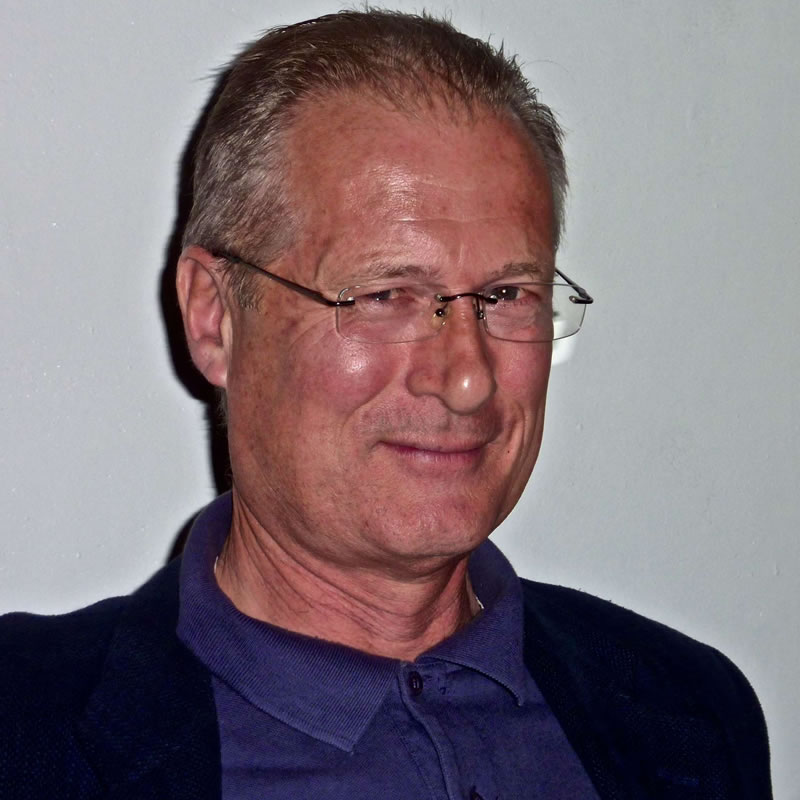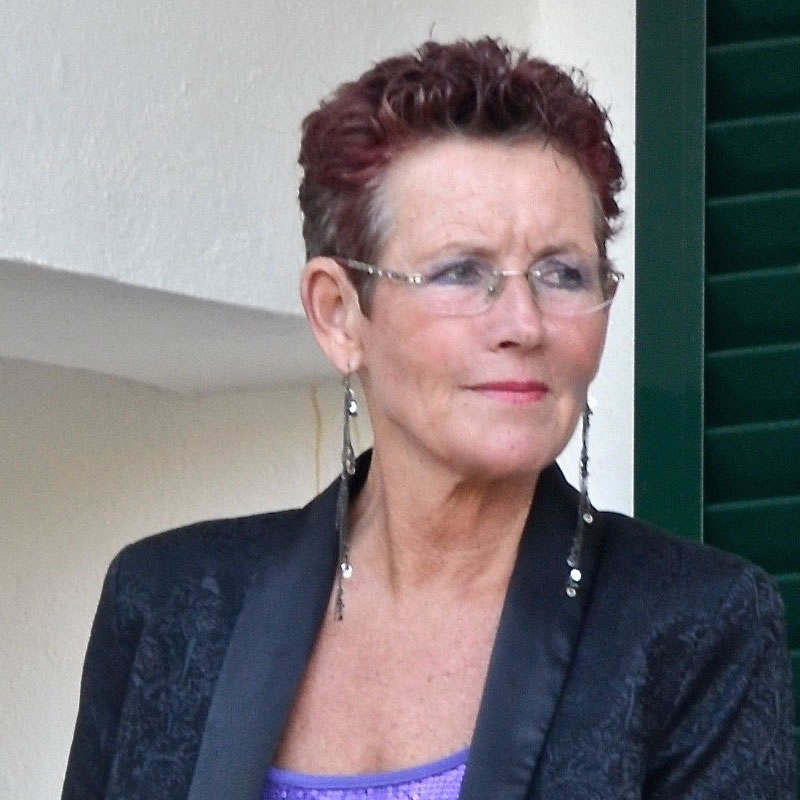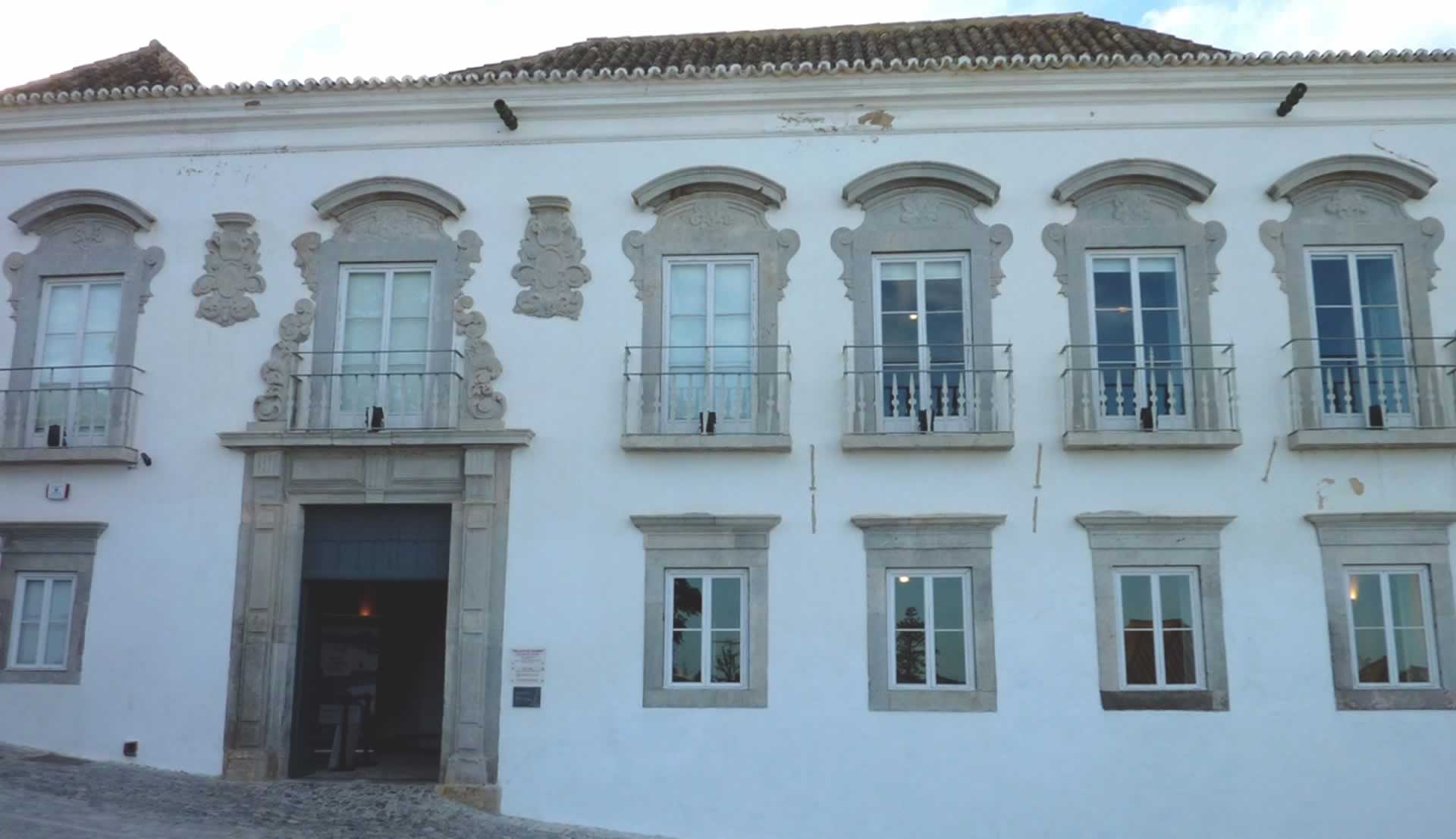Algarve History Association
Peter Booker

Peter Booker was a Foundation Exhibitioner at Pembroke College, Cambridge, where he obtained his degree in Modern History and he also has an MBA from the Open University. He took a break from history with his 30 year career as a Human Resource Manager with the National Coal Board, latterly British Coal. Peter has given over 200 lectures, regularly in Tavira and Lagoa and occasionally in São Brás, Elvas, Lisbon, Porto, Hedingham Castle and the Cavalry and Guards Club in London.
Lynne Booker

Lynne has a BA in Geography, M Ed in Education Management, MA in Psychology and Counselling, and a PGCE. In her last job as Headteacher in a community secondary school, she also managed an EU funded project for cultural, economic and social regeneration. Here in the Algarve, she spent three years establishing the Amigos do Museu do Trajo Algarvio in São Brás. Since then she has been writing articles on history and managing the Algarve History Association.
Pomares de Sequeiro
My recent presentation to the Algarve History Association covered the Industries of the Algarve, ranging from fisheries to salt, from fig production to golf and to canning. Time was too short to cover everything, and during question time, a member raised the question of agriculture and the consumption of water by avocado plantations.
The piece published in Portugal Resident on 5th June 2023 covered the drought during the mid-1870s, and the suffering endured by the population of the Algarve. Already by 1874, important irrigation systems and watercourses had dried, which had never been known to fail. The wheat fields of the granary of the Algarve (in the parish of Vila do Bispo) were particularly affected. By the April of the following year, it was clear that there was a crisis in food production, as seeds failed to germinate, and trees were dying because of a lack of water. There is documented evidence of similar droughts in both 1566 and in 1929, and by studying this history, we may appreciate that drought in the Algarve is not a new phenomenon.
When Lynne and I first arrived in the Algarve in the 1990s, we never thought of the importance of this region in the production of cereals. But conversations with our Portuguese neighbours revealed that our village had completely changed character within the previous twenty years. Villagers explained how the whole of our valley, from the river up to the top of the tallest hills, was ploughed for the sowing of wheat. Hired machinery would help with the harvest and many of the ruined houses are even now accompanied by their eira, their threshing area. The hilltops are adorned with the ruins of windmills, and every house had its own bread oven. There is nowadays no wheat whatever grown in the village. In our local parish town, Santa Catarina da Fonte do Bispo, the five tall grain silos built in concrete in the 1960s are now redundant, since there is practically no grain sown anywhere in the parish.
The agricultural character of this region of the Algarve, and I suspect of the whole of the Algarve, changed completely within a generation and much of the former agricultural grain belt has been left to re-wild, and our valley is now covered in cistus bushes. Whereas in the past, extensive agricultural activity reduced the risk of wild fires, nowadays the widespread scrub coupled with even moderate drought gives rise to a considerable risk of summer fires.
In her book Fabled Shore, from the Pyrenees to Portugal, published in 1949, Rose Macaulay devotes 17 pages to the Algarve. She described her impressions: “lovely country smelling sweetly of thyme and figs and aromatic shrubs, with gentle hills of cork and olive woods and plantations of sugar cane and almonds and carobs.” There is no mention of avocado or any citrus fruit. Arthur Costigan wrote in 1778 that near Tavira, “a beautiful flat country consisting mostly of enclosed corn fields covered with almond trees, interspersed with the St John´s bread tree, the pomegranate, the fig and the olive tree…” Some travellers wrote that fig trees were so thick they were like a jungle, and that women were employed to dry and pack the figs for export. The historic crops of the Algarve are grapes, olives, corn, almonds, figs and pomegranates, as well as grain. This agriculture is called in Portuguese “o pomar de sequeiro”, the orchard of the dry country, but this historically valuable agricultural practice has been superseded by modern, thirsty cash crops.
Some languages (such as Arabic and Greek) use variations of the word Portugal for orange, since Portuguese explorers brought oranges from the Far East. The report on the drought of 1875 mentions only one area (Silves) where oranges were grown. Nowadays, around 90% of agricultural land in the council areas of Silves, Lagoa and Portimão is devoted to citrus production, and over 80% of Portugal´s orange production is concentrated in the Algarve. Important producers of oranges are now seeking government protection because they fear that a reduction in water for agricultural irrigation will lead to a significant drop in orange production, particularly in the Barlavento.
As for avocados, in the 1870s they were nowhere to be seen. The avocado originates in Central America, and was imported into Europe by Spanish colonisers in the mid-sixteenth century. Avocado originated in subtropical and tropical climates, with warm weather, frost free winters and ample seasonal rain, a weather pattern different in one important respect from that of the Algarve. Global demand for this fruit has grown in the last 25 years by more that 140%. This increased demand has driven the expansion of production into the coastal regions of the Mediterranean, particularly Spain and Israel, as well as the Algarve. Production in Southern Portugal began in the 1990s, and has experienced exponential growth in the last five years. A recent study concluded that avocado agriculture requires high water use through irrigation systems and management practices that degrade soil quality and its water-holding capacity.
As the Algarve suffers increasingly from water shortage, the expansion of avocado production has become more contentious, and there is a growing perception that the regulations covering agricultural water consumption are not adequate, and that the water supply for tourists and residents is consequently at risk.
The monocultures of avocado and orange entail significant environmental impact, including the loss of bio-diversity in native fauna and vegetation, such as cork oak and carob, and the pollution of groundwater by agrochemicals including banned pesticides and herbicides. It is time for a thorough re-assessment of agricultural practice in the Algarve. We should learn from our forebears and turn once again to the “pomares de sequeiro”.

